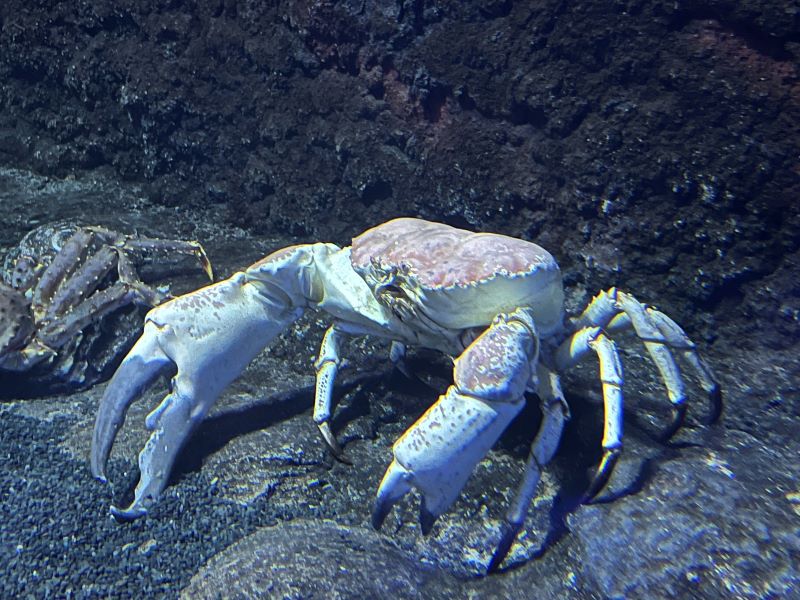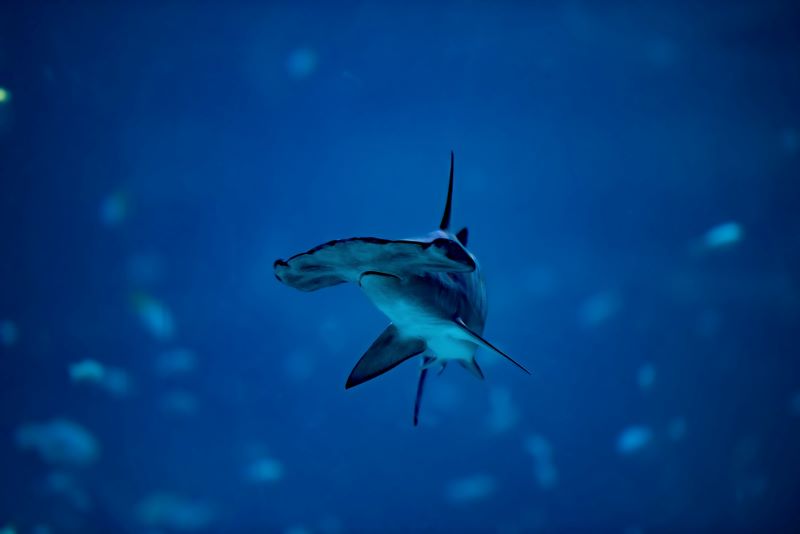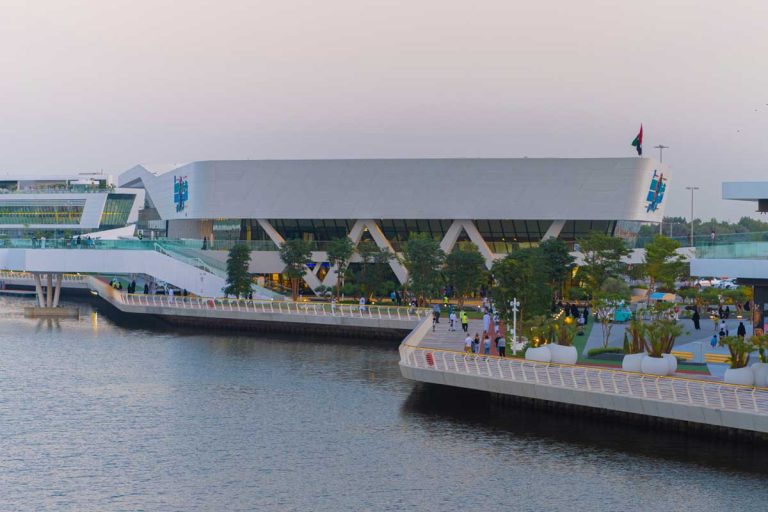Abu Dhabi’s recently opened National Aquarium hasn’t escaped the global supply chain crunch – a giant crab stuck in Australia for months that has just now safely arrived in the emirate was just one victim.
Covid-19 has disrupted supply chains globally, and crabs, sharks and other sea creatures making their way to their new home in the United Arab Emirates’ capital were some of the least expected to be affected by the global crisis.
“What people don’t know is that when you’re flying on a regular passenger flight and you’re watching your favourite movie, there could be a two-metre shark swimming in circles in the hold below you,” Paul Hamilton, general manager at the aquarium, told Arabian Business.

Prior to the pandemic, over half of global air freight traffic was transported in the belly of passenger planes, rather than on dedicated freighters.
“I brought the world’s largest snake across on an Emirates plane and no-one had any idea the snake was below,” Hamilton said.
Flight restrictions and border closures have meant fewer passengers moving, which has subsequently led to fewer flights in general and has spurred an increase in air shipping costs.
“Suddenly there was no space available to move the animals around,” Hamilton said. “If I fly a shark, and it comes with 3 tonnes of water – it’s not easy getting that space on a passenger jet.”
Food shipments for the animals, which can be moved via sea freight, have been subject to less disruption, Hamilton said. Globally though, the sea shipping industry has not been left unscathed.
Even before supply chain disruptions made moving animals difficult to impossible (like the case of the giant crab), Covid-19 threatened to slow progress on the aquarium, which was three years in the making when the pandemic broke out in early 2020.
“There was a lot of indecisiveness about whether construction would continue and so on. But we did push on with the project,” Hamilton said.

The National Aquarium Abu Dhabi opened its doors to the public in November and Hamilton said that despite the lingering effects of the pandemic, they’re expected to welcome north of 1 million visitors in the first 12 months.
“We expect to definitely bring in a lot of the domestic population, but also because we’re so close to the [Sheikh Zayed Grand Mosque], and the mosque is the number one tourist attraction in the country, we expect a huge uplift from tourism there as well,” he said.
The aquarium is home to some 330 species and 46,000 animals and it’s the largest aquarium in the Middle East at more than 9,000 square metres; it employs around 80 direct members of staff, but indirectly Hamilton said the number is much larger.

Hamilton is also looking towards the six-month Expo 2020 Dubai event to eventually draw some additional visitors to the aquarium. Already Expo-goers are making the approximately hour-long trek to Abu Dhabi, but they haven’t flooded the aquarium yet.
“We haven’t really got the Expo footfall, but we’re working on that,” Hamilton said. “Because we’re a brand new attraction, reaching the tourists takes a little bit longer, where announcing that you’re open to the domestic market is an immediate reaction. We expect we’ll see [tourists] this peak season, which starts now,” he said.








